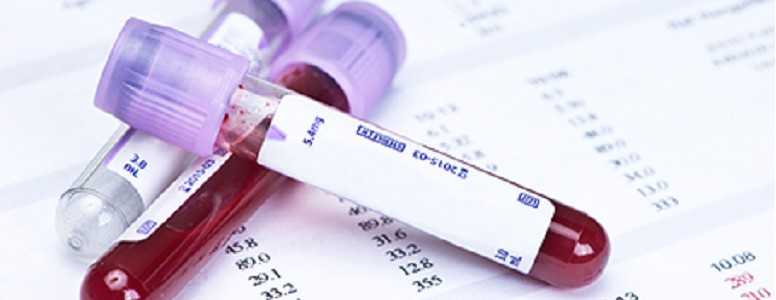People with type 2 diabetes who are treated with background glimepiride therapy, but not metformin, could have improved HbA1c levels if ranolazine is added to their treatment, a study finds.
Researchers at the University of California investigated the efficacy of ranolazine – a drug used to treat patients with diabetes who also suffer from angina – for blood sugar control in type 2 diabetes on metformin or glimepiride, which are both blood-glucose lowering drugs.
In two double-blind trials, 431 and 442 patients with type 2 diabetestype 2 diabetes were randomised to receive 1000mg ranolazine or placebo alongside glimepiride or metformin background therapy, respectively.
Patients taking metformin had their ranolazine dose halved to correct for a metformin-ranolazine pharmacokinetic interaction. The primary endpoint of the trials was to identify any HbA1c changes from the beginning of the study to week 24.
Compared to placebo, the addition of ranolazine to glimepiride was linked to a 0.51 per cent decrease in HbA1c at 24 weeks and a near doubling of the amount of patients achieving an HbA1c of less than seven per cent. However, no significant differences were observed when ranolazine was added to metformin background therapy.
The authors wrote: “In conclusio, relative to placebo, ranolazine added to glimepiride reduced HbA1c by 0.51 per cent, while combination therapy with metformin did not significantly decrease HbA1c, though this was in the setting of reduced metformin dosing relative to those taking placebo.
“The decreased dose of metformin used in the Metformin Add-on Study complicates the interpretation of this trial,” they added. “Whether an effective regimen of ranolazine added to metformin for glycemic control can be identified remains unclear.”
The study was published in Diabetes, Obesity and Metabolism.
What's new on the forum? ⭐️
Get our free newsletters
Stay up to date with the latest news, research and breakthroughs.








